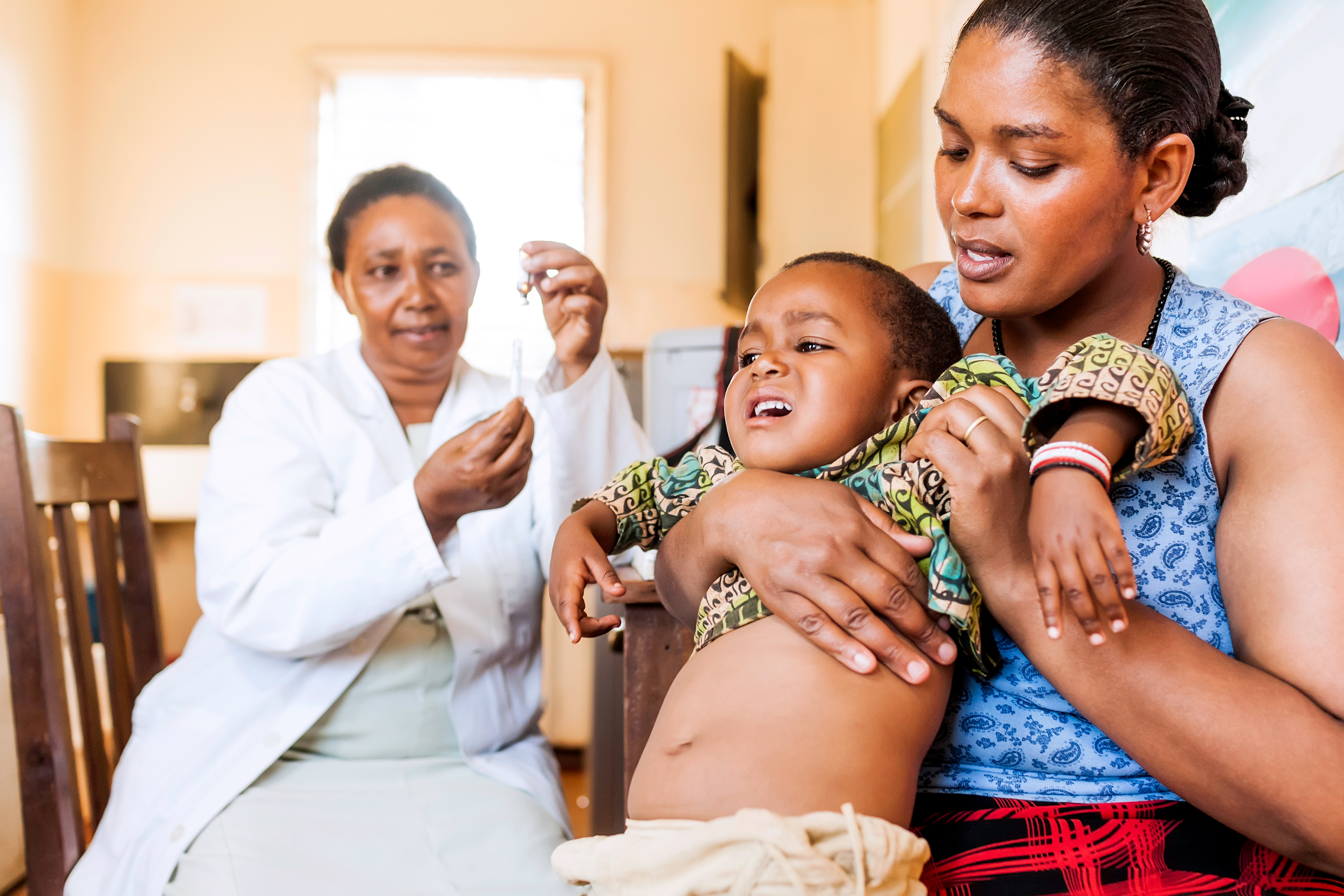Governments in many countries are implementing social distancing measures to reduce the spread of COVID-19, yet there is limited evidence about the effectiveness of these measures in low-income contexts. This is particularly true of travel restrictions/lockdowns; this, plus school closures, are likely to have major labor market implications, and potentially differential effects by gender. The Kenya Life Panel Survey (KLPS) is uniquely situated to provide data on the immediate and longer-term gender-specific labor market effects of the pandemic and associated policy responses for rural and urban households in Kenya. The KLPS is a 20-year longitudinal survey on health, educational, nutritional, demographic, social, and labor market outcomes among a sample of thousands of Kenyans who were participants in one or more randomized health (deworming), skills training (vocational training vouchers), and financial capital (cash grants) interventions during childhood and adolescence. In addition, the current, fourth round collects intergenerational data on their children via child cognitive and behavioral assessments and surveys with the child’s primary caregiver; a subset of these parents and children have also participated in a randomized child intellectual stimulation intervention that provided storybooks and encouraged parent-child reading. KLPS respondents attended primary school in Busia County, bordering Uganda. About half of the respondents have moved (and been tracked) throughout Kenya, providing variation in exposure to COVID-19 and policies. The sample and tracking rates rebalanced by gender.
The researchers conduct three main analyses with phone survey data. First, the phone surveys are representative at a high frequency so they can trace out effects over time. Second, they use the original experimental designs to estimate effects, both overall and by gender. They have found differential long-term deworming effects by gender that will be interesting to explore in the context of COVID-19. For instance, female deworming beneficiaries attain more education; this may affect non-market production during school closures, may interact with the parent-child reading encouragement to improve human capital formation, and may lead to differential abilities to re-enter the labor market post-COVID-19. Third, they will use a temporal and spatial variation (given respondents are spread throughout Kenya) in the timing of in-person and phone surveys, the introduction of policies, the location of respondents, and the intensity of the virus to estimate effects. They will regularly publish these data on a dedicated website and publicize findings to Kenyan researchers and officials to improve the evidence base for pandemic policies. These phone surveys will augment the ongoing fourth round of in-person data collection. By chance, a representative half of our sample was surveyed in-person with a detailed module collecting information about economic and social preferences (including the willingness to complete), marriage and fertility histories (including desired fertility), and political and gender attitudes. They are fully funded to complete the second representative in-person wave post-COVID-19, allowing us to study the persistence of pandemic labor market disruptions on economic and health outcomes (including fertility and economic preferences) by gender. The proposed phone surveys will provide useful information on the experiences of respondents during the pandemic that may aid in the interpretation of any pre/post differences.
